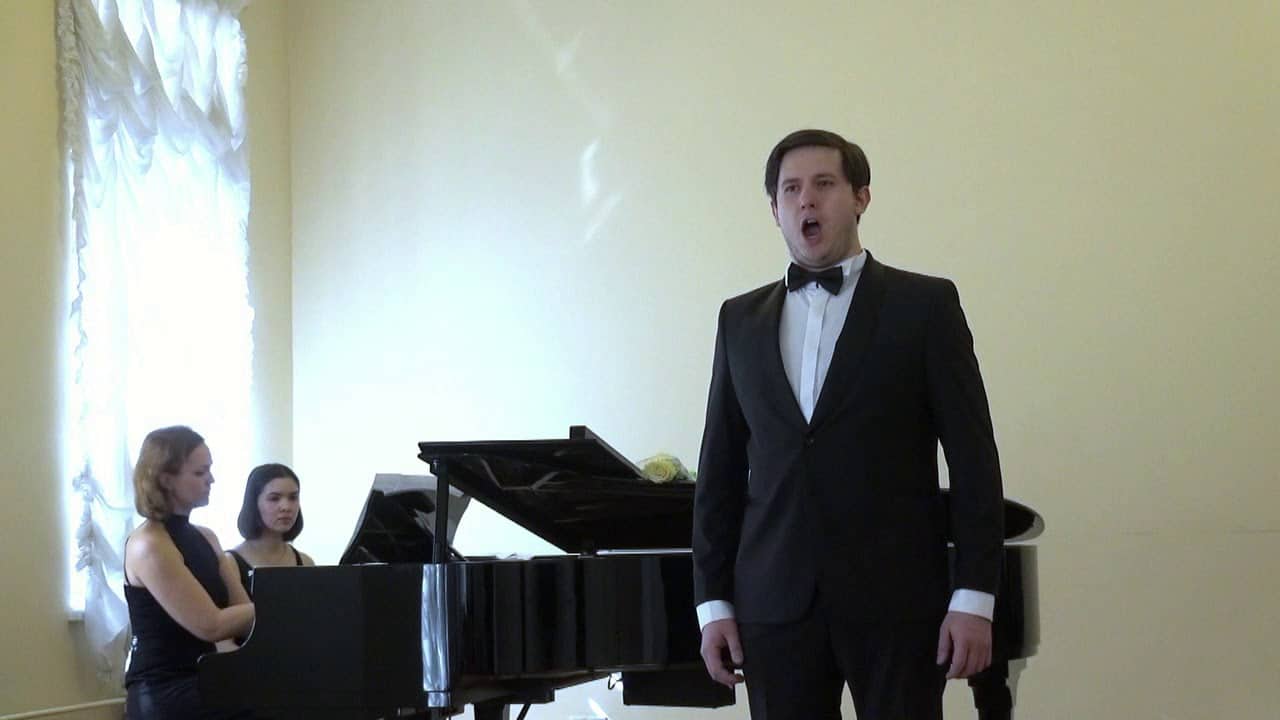Onegin strives for the relief of existential ennui
OperaOn Saturday night, passions run deep in our stream from Düsseldorf: Eugene Onegin (courtesy of OperaVision).
Tchaikovsky adapted Pushkin’s verse novel Eugene Onegin in the late 1870s. Its story of unrequited love mirrored events in the composer’s own life. In May 1877, Tchaikovsky had received a letter from an unknown ex-Moscow Conservatory student, Antonina Milyukova, claiming she had been secretly in love with him for years. Tchaikovsky appears to have no real feelings for Antonina but had heartfelt sympathy for the unrequited lover, and, through Tatyana, searched for a musical expression to convey with supreme sensitivity the inner torment of the heroine. Tatyana’s transformation, from the deeply serious adolescent of her great letter scene into the mature yet desperately unhappy woman who finally dismisses the man she loves, is one of greatest portrayals in all opera. After Macbeth, German director Michael Thalheimer stages his fourth production for Deutsche Oper am Rhein, creating a world of unfulfilled longings in a society that has grown tired of itself. Conducted by Vitali Alekseenok. The opera is sung in Russian with Ekaterian Sannikova as Tatyana, Bogdan Baciu as Eugene Onegin and Ovidiu Purcel as Lensky.
Subtitles are in English and German.
The Plot: When Eugene Onegin enters Tatyana’s orderly life, he appears to her like a character from her novels. The young, inexperienced woman falls head over heels in love with the urbane bon vivant. But he rejects her affection; his restless lifestyle is not suitable for a long-term relationship. Years later, the two meet again. The mature Tatyana has entered into a marriage of convenience with the much older Prince Gremin and has become a wealthy woman. Onegin is shocked to realise that Tatyana would have been the right one for him after all. How will she respond to his passionate confessions…?
Streamed on Saturday 24th March 2024 at 1900 CET / 1800 London / 1300 NY






Surely 14:00 in NY? Clocks changed very recently.
This plot summary states that Tatyana “has entered into a marriage of convenience with the much older Prince Gremin,” and that she is a “desperately unhappy woman who finally dismisses the man she loves.” That is not what I hear in Tchaikovsky’s music.
In the final scene, Tatyana expresses sorrow and regret, but is firm in her decision to be faithful to her husband “and live with him always.” The music that underscores this scene is derived from Prince Gremin’s beautiful aria: “At all ages we are susceptible to love.”
Another installment of regie trash without
a clue about the original. Shameful that such travesty is produced and performed.
I tried, really tried to like it. But it lacked the heart, pathos and beauty of more conventional staging such as the Met’s with dare I say, Anna Netrebko.